In this post, a full online statistics course by Ralf B. Schäfer and Eduard Szöcs is announced. Continue reading
Stats is coming home
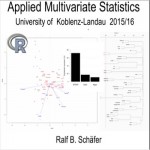


In this post, a full online statistics course by Ralf B. Schäfer and Eduard Szöcs is announced. Continue reading
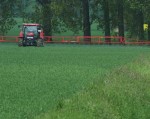
Yale University’s student blog “Yale Environment Review” posts about meta-analysis on global pesticide concentrations. Continue reading
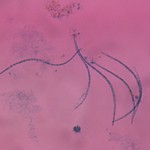
In this post, we talk about our recently published paper “Waterborne toxicity and diet-related effects of fungicides in the key leaf shredder Gammarus fossarum (Crustacea; Amphipoda)”. Continue reading
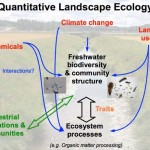
In this new series of posts, research teams/groups of Landau’s Institute of Environmental Sciences introduce their Ecotoxicology-related research. This time: the group “Quantitative Landscape Ecology” Continue reading
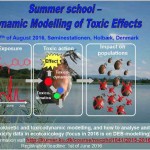
In August, 2016 the University of Copenhagen, Denmark, offers an interesting course on dynamic modelling of toxic effects. Continue reading
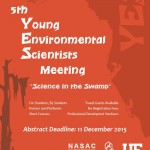
The SETAC North America Student Advisory Council (NASAC) is excited to announce the 5th Young Environmental Scientists (YES) Meeting, which will be from February 28th – March 2nd, 2016 at the University of Florida! Continue reading
The Society of Environmental Toxicology and Chemistry’s (SETAC) German Language Branch (GLB) is awarding a prize for 2015’s best diploma or master thesis as well as for the best dissertation thesis that has been prepared at a University in Germany, Switzerland or Austria. Continue reading
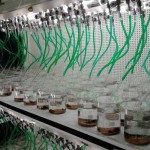
In this new series of posts, research teams/groups of Landau’s Institute of Environmental Sciences introduce their Ecotoxicology-related research. This time: the team “Functional Aquatic Ecotoxicology” Continue reading
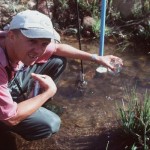
In this post, Mirco Bundschuh talks about a recent paper that uncovers the pH-range relevant for surface waters that receive pesticide input in Europe.
Every semester the KHG (Catholic student community) organises a lot of events for students. All events are open to all students – no matter their faith or belief. Continue reading